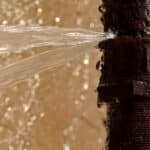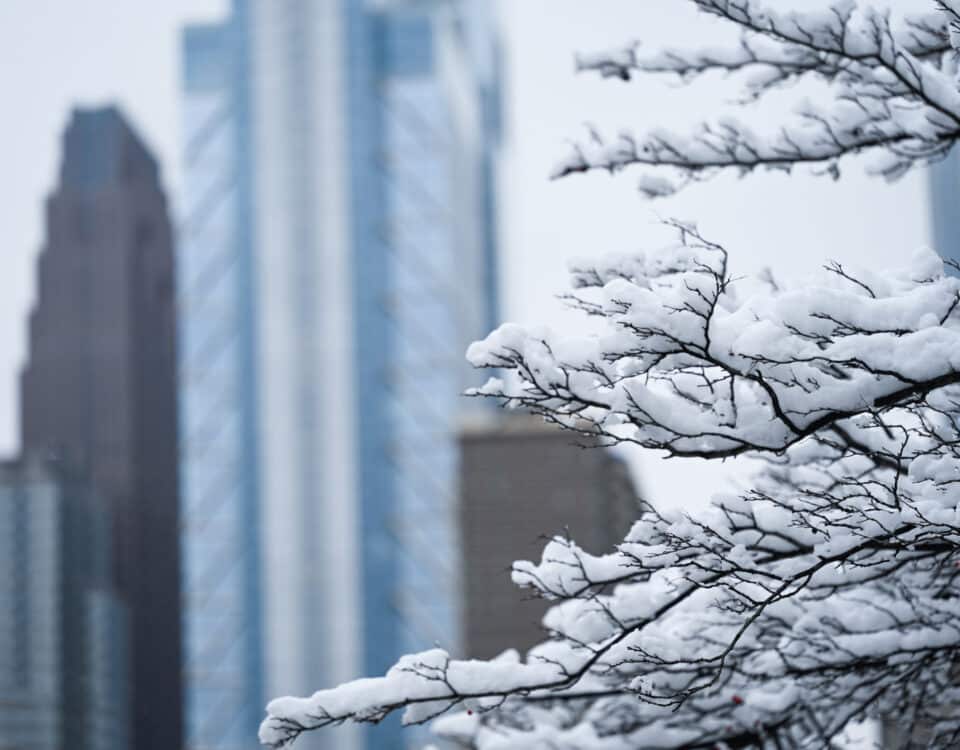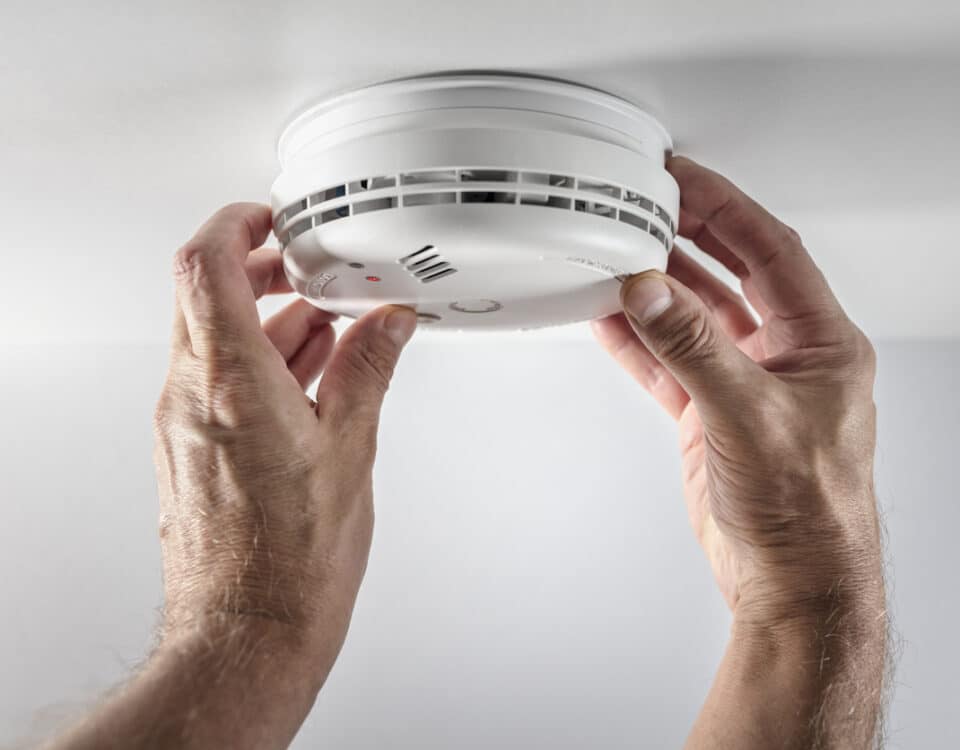
Preventing Mold Growth After Water Damage: Essential Tips for Homeowners
January 29, 2025
Burst Pipe Recovery: Steps to Minimize Damage in Homes
March 19, 2025Owning a pool in Dallas, Texas, is a great way to beat the scorching summer heat, but it also comes with responsibilities. While your pool itself doesn’t directly cause mold, the excess moisture it generates—especially in hot, humid Dallas summers—can create the perfect conditions for mold to grow in and around your home.
Texas homeowners often deal with high humidity, frequent rain, and fluctuating temperatures, all of which contribute to mold growth. If your pool area isn’t properly maintained, you could be facing unwanted mold in your yard, on your deck, or even inside your home.
How Pools Can Contribute to Mold Growth
1. High Humidity and Moisture Levels
Dallas summers are notorious for their high humidity levels, and a pool only adds to the moisture in the air. When warm, humid air meets cooler surfaces around your pool, condensation forms, creating a damp environment where mold thrives.
Without proper air circulation, moisture can seep into wooden decks, outdoor furniture, exterior walls, and even your home’s foundation. Over time, this excess moisture can cause mold and mildew to grow, leading to costly repairs.
2. Poor Drainage and Pool Leaks
If your pool has improper drainage, water can collect around the foundation of your home or pool deck. Dallas’s clay-rich soil can also make drainage more challenging, as it retains moisture, leading to pooling water and increased mold risk.
Additionally, undetected pool leaks can saturate the ground around your home, creating damp conditions that encourage mold growth in crawl spaces, basements, or nearby landscaping.
3. Mold Growth from Splashing Water
Kids playing in the pool, frequent pool parties, and splashing water can soak surrounding pool decks, fences, and patio furniture. If these surfaces don’t dry out completely—especially in shaded or covered areas—mold can start growing in as little as 24 to 48 hours.
4. Mold Inside Your Home from Indoor Pools or Poolside Doors
If you have an indoor pool or a pool located close to your home, moisture can seep into your walls, windows, and doors, leading to mold growth inside your house. Poor ventilation in enclosed pool areas can trap moisture, creating a breeding ground for mold on:
- Ceilings and walls
- Window sills and door frames
- Carpets and flooring near the pool entrance
5. Mold in Pool Equipment and Filters
Pool filters, pumps, and skimmers collect organic debris, which can become a food source for mold. If these areas are not regularly cleaned, mold spores can spread to poolside surfaces, increasing the risk of airborne mold contamination.
Common Areas Where Mold Can Develop Near a Pool
If your pool is causing excess moisture, mold may develop in these common problem areas:
- Wooden decks and patios – Moisture retention can cause mold, rot, and structural damage.
- Poolside furniture and outdoor rugs – Cushions and fabric items absorb moisture, encouraging mold growth.
- Exterior walls and siding – Frequent exposure to pool water can cause mold buildup on stucco, brick, and wood siding.
- Soil and landscaping – Poor drainage can cause mold to grow in mulch, grass, and plant beds near the pool.
- Basements and crawl spaces – Water seepage can create hidden mold problems under your home.
- Indoor walls and ceilings – High humidity from nearby pools can contribute to mold inside your home.
How to Prevent Mold Growth Around Your Pool
1. Improve Pool Drainage
Dallas’s unique soil composition makes proper drainage essential to preventing water buildup. To improve drainage:
- Ensure your yard has a sloped grading to direct water away from your home.
- Install a French drain system to prevent water from pooling in your yard.
- Regularly clean gutters and downspouts to prevent excess runoff.
2. Check for and Repair Leaks
A small pool leak can create hidden moisture problems. Check for leaks by:
- Monitoring your pool’s water levels for unexplained drops.
- Inspecting the pool deck and surrounding areas for soggy spots.
- Hiring a Dallas-based pool leak detection service if you suspect a problem.
3. Control Humidity Levels
- Use outdoor ceiling fans or dehumidifiers in enclosed pool areas.
- Open windows and doors to increase airflow around your pool deck.
- If you have an indoor pool, install a ventilation system to reduce humidity.
4. Keep Pool Surroundings Dry
- Regularly wipe down pool furniture, cushions, and toys after use.
- Sweep and dry pool decks frequently, especially in shady or covered areas.
- Store outdoor cushions and pool accessories in a dry, covered area.
5. Seal and Protect Outdoor Surfaces
- Apply a waterproof sealant to wooden decks, stone patios, and concrete surfaces.
- Use mold-resistant paint on exterior walls near the pool.
6. Clean Pool Filters and Equipment Regularly
- Backwash pool filters every few weeks to remove trapped debris.
- Inspect and clean pool skimmers and pumps to prevent mold buildup.
- Use a pool enzyme treatment to break down organic matter that could contribute to mold growth.
What to Do If You Already Have Mold Near Your Pool
If you discover mold around your pool or inside your home, take these steps:
- Identify the Source – Look for areas with poor drainage, leaks, or excess humidity.
- Clean Surface Mold – Use a mix of white vinegar and water or a mild bleach solution on hard surfaces.
- Dry Affected Areas – Use fans, dehumidifiers, or direct sunlight to dry out mold-prone areas.
- Call a Professional – If mold has spread into your home’s structure, contact JDR Restoration for expert mold removal in Dallas.
Have Mold? Contact JDR Restoration in Dallas, Texas!
While a pool itself doesn’t directly cause mold, the excess moisture and humidity it creates can lead to serious mold problems in and around your home—especially in Dallas’s hot and humid climate. By taking proactive measures like improving drainage, fixing leaks, maintaining good air circulation, and keeping pool areas dry, you can prevent mold growth and protect your home.
If you suspect mold growth near your pool, don’t wait until the damage worsens. Contact JDR Restoration, Dallas’s trusted mold remediation experts, to ensure a safe and mold-free home.





